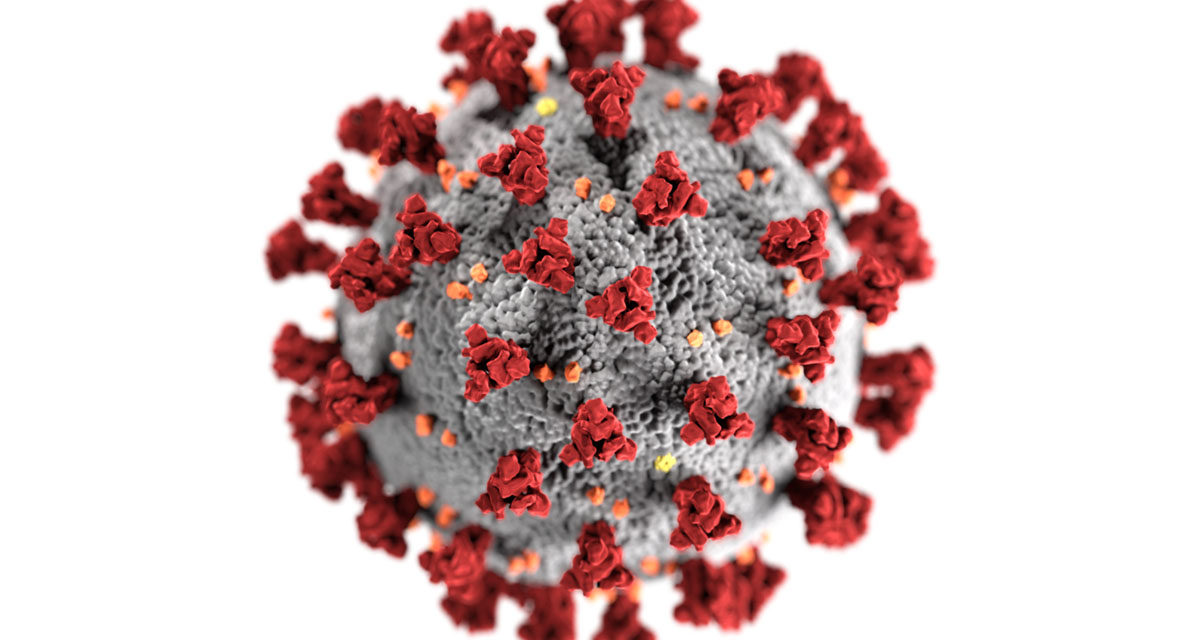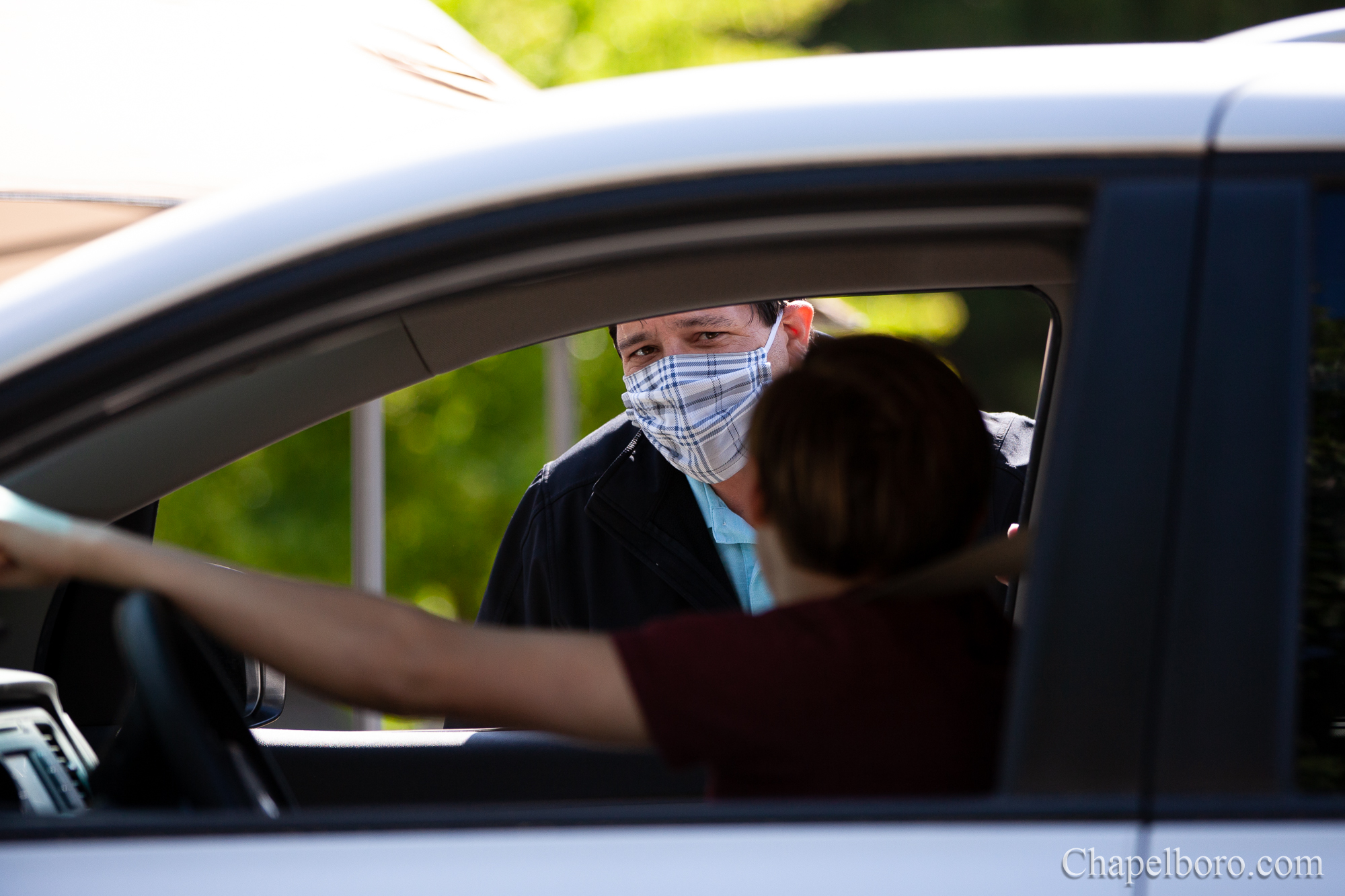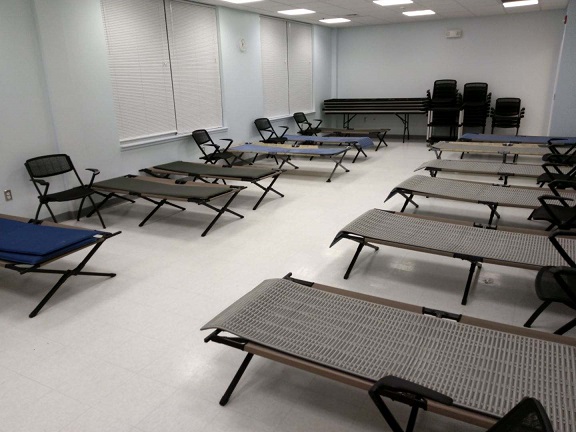Many local organizations are stepping up to help combat the coronavirus pandemic currently sweeping the globe, including the Interfaith Council for Social Service in Chapel Hill and Carrboro.
The IFC provides homeless shelters and meals for the community, but has had to make some changes in recent weeks in response to the pandemic.
Executive Director Jackie Jenks and Residential Services Director Stephani Kilpatrick sat down with 97.9 The Hill’s Aaron Keck recently to discuss some of the ways the IFC has adapted amid the spread of the virus.
Inside homeless shelters, Kilpatrick said sleeping spaces have been rearranged to try and create more distance between people, while residents have been encouraged to practice social distancing and limit how much they come and go. Should someone need to leave for any reason, screening questions will await them upon their return.
These measures are especially important since these shelters usually have more than 10 people gathered at one time, which is more than the White House currently recommends, because it’s the only place many of these people have to go.
The organization’s emergency financial assistance program has shifted to meetings over the phone only, as they work to help people with issues surrounding rent or utilities.
Meal services have also been impacted, with Jenks saying that they have transitioned to packing meals to-go at their Community Kitchen and distributing them in the dining rooms. In addition, their Food Pantry is now serving people by appointment only, pre-packing grocery bags according to household size then distributing them to members outside in the parking lot.
Although Jenks said the organization is well stocked with food and supplies at the moment, the uncertainty of the situation keeps her from being confident it can stay that way for long.
“We know that as people come and get groceries, we’re not going to be able to restock them as we did before,” Jenks said. “Most of our food at IFC is donated. Most of our groceries come from local congregations and other kinds of food drives. We know that people aren’t meeting for masses and services these days, so our supply of food has already started to go down.”
It’s not just food and donations that the IFC is seeking at this time, however, with volunteer help desperately needed as many normal staff members have stepped away from work for the time being.
“I do think it was pretty telling when our volunteers—who are the most dedicated, steadfast backbone of IFC in a lot of ways—started really calling and saying we can’t come in anymore because we’re in a high-risk group,” Jenks said. “And we understand that 100 percent, and we want people to do what they have to do to take care of themselves and to be healthy. That was sort of a wake-up call, that yeah this is an unknown that we’re walking in to.”
While IFC is committed to continuing to provide the same services it always has, Jenks and Kilpatrick recognize the worries that come along with that.
These precautionary measures that have already been taken may be effective, but there remains a possibility that a resident or staff member could get sick—creating a whole new world of problems. The IFC does work in close connection with Piedmont Health and has an on-site clinic where they can receive advice on how to handle a situation where someone is experiencing symptoms.
With so many unknowns in relation to the pandemic, however, there’s only so much an organization like IFC can do in that kind of emergency situation.
As a result, Jenks put it bluntly when asked if she’s ever seen anything like this, comparing it to the normal disasters IFC has to deal with, such as hurricanes.
“When we have these weather-related issues, a lot of times we have some notice. And we also know somewhat what to expect,” Jenks said. “The duration of the storm, or how much we expect to be impacted. And I think the eerie feeling about this is this is the calm before the storm, but we don’t know what to expect of the storm. Or how long it’s going to last.”







Wow,
As I am currently online looking for somewhere for my 2 children and I can stay because we are being made to leave the shelter while we are going thru this pandemic.
We do not have anywhere else to go at the moment as well! I have to restrain myself from wanting to go on a rampage against this shelter because of the terrible, terrible way my family and many others have and are right now being treating at this shelter. As IFC ask all these awesome people in the community to donate and increase their donations, I do not feel the Love at all as a resident or should I say previous resident at the shelter for families. I am being discharged with nowhere to go! I have asked for my discharge to be atleast extended with the govenors order but that was denied! Also several others like my Dr. and my advocate with the VOA have as them to extend my stay right now and the answer is no! This is just one of the terrible things that I have experienced while at the shelter. I am seeking assistance on this matter if anyone can help my family. I do have some disabilities that are preventing me from do some of the things that I really need to do and also preventing me from taking the action needed on the treatment at the shelter. If you have any helpful advice or could point me in the right direct please do. I clicked on this page because the thought popped n my head to see(because of whats happening to my family) what kind of help they are supposed to or are telling everyone they are providing families in need. It angers me so much! And is adding, like the director said this is creating a whole new world of problems for me as a single mother being told to leave the shelter immediately!